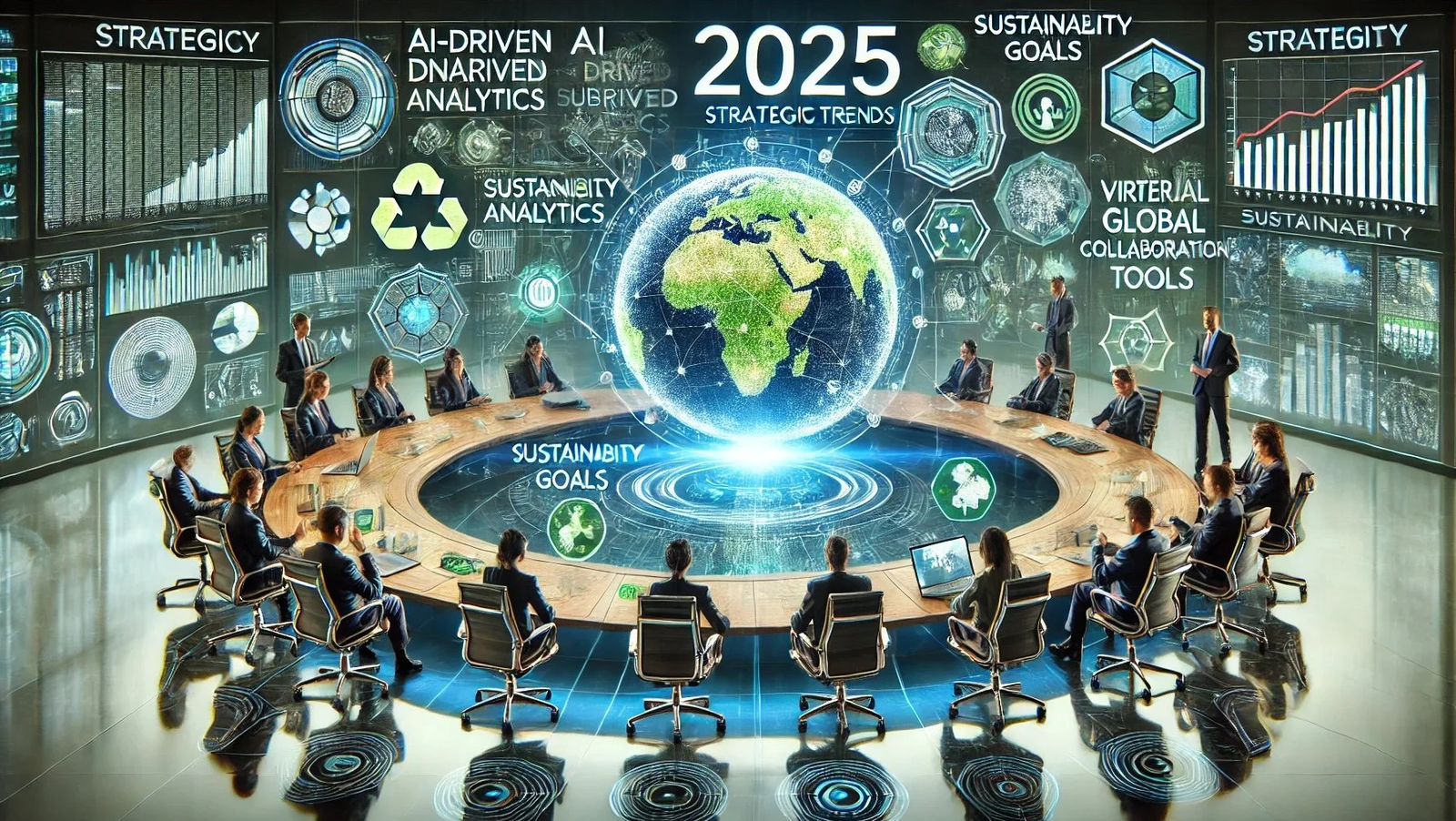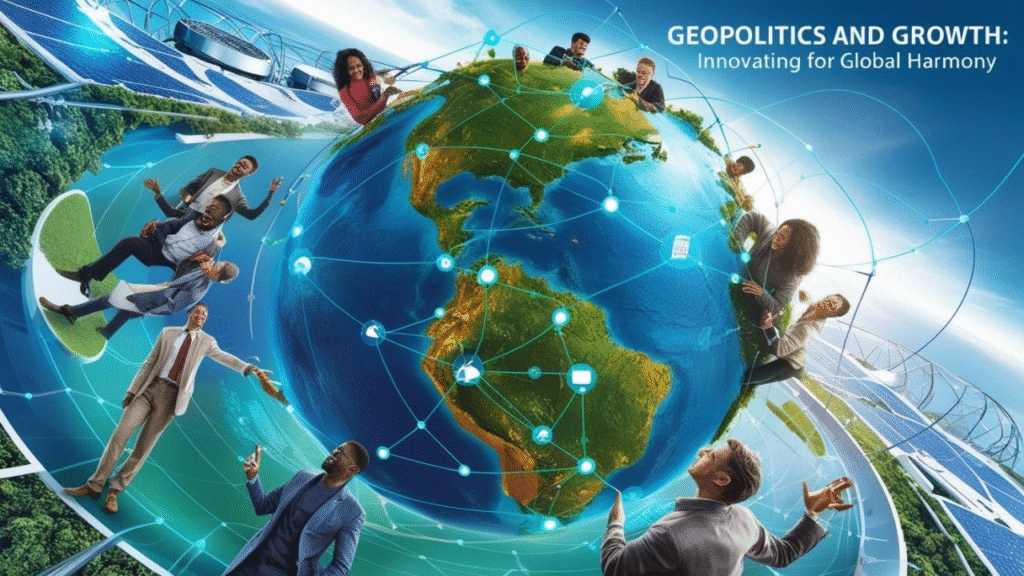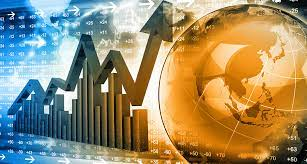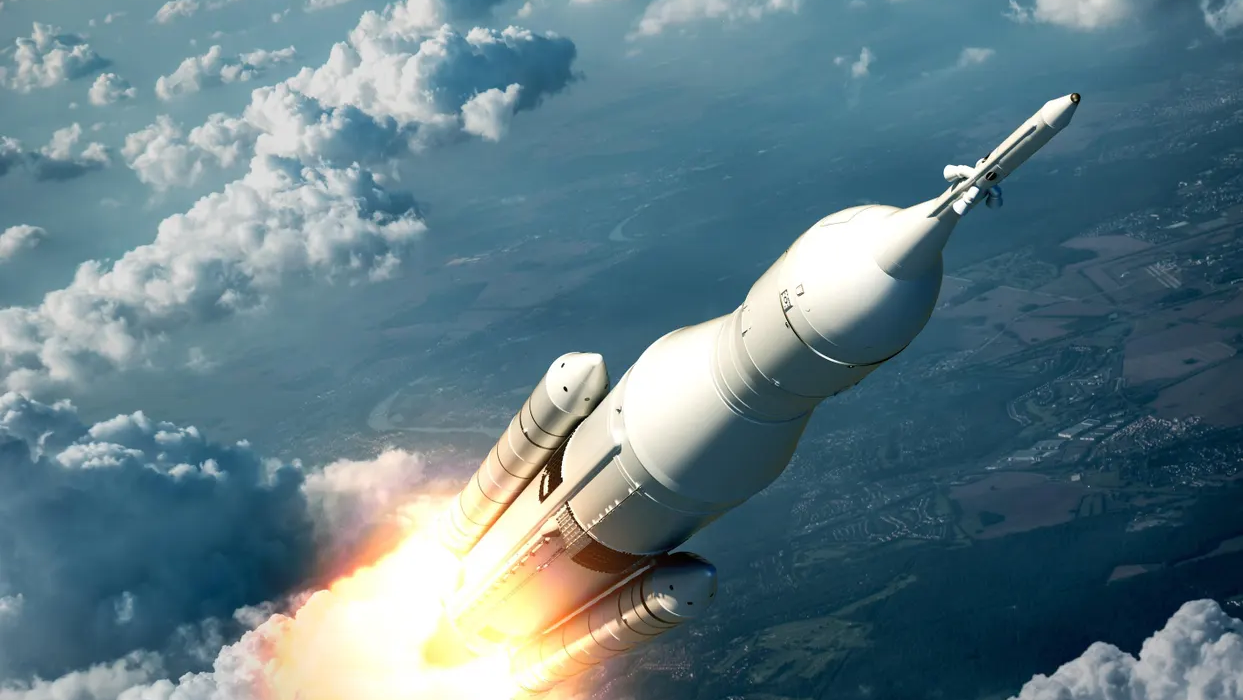Now Reading: How Innovation Transformed the Global Economy: 7 Remarkable Changes in 2025
-
01
How Innovation Transformed the Global Economy: 7 Remarkable Changes in 2025
How Innovation Transformed the Global Economy: 7 Remarkable Changes in 2025

Table of Contents
Innovation has always been the engine of human progress. From the invention of the wheel to the rise of artificial intelligence, every breakthrough has reshaped how societies work, trade, and grow. In today’s world, innovation is more than just technology; it is the force driving global economic growth, transforming industries, and connecting people across borders.
This transformation did not happen overnight. It is the result of decades of research, bold ideas, and investments that created new opportunities and redefined old ones. Let’s explore how changed the global economy, industry by industry, and what it means for the future.
The Digital Revolution and Global Connectivity
The digital revolution is one of the most powerful in history. The spread of the internet and smartphones has turned the world into a connected marketplace. Businesses can now sell products and services across continents with just a few clicks. E-commerce platforms like Amazon, Alibaba, and Flipkart transformed shopping habits, while digital payments and fintech solutions opened doors for millions of people previously excluded from the financial system.
Global connectivity also created new industries. Social media platforms became billion-dollar businesses, while cloud computing and big data shaped modern business strategies. The digital age lowered barriers for startups, allowing small companies to reach international audiences without huge budgets.
This technological shift is not only about convenience—it also redefined the rules of global competition. Companies that innovate faster often dominate markets, while those that fail to adapt risk becoming irrelevant.
Innovation in Transportation and Global Trade

Transportation has always been central to economic growth, but recent have redefined global trade. Container shipping, modern logistics, and supply chain automation made it possible for goods to move faster and cheaper than ever before.
Air cargo and high-speed trains connected markets in record time, while digital tracking systems improved efficiency and transparency. Today, businesses can track shipments in real-time, ensuring reliability for both companies and customers.
Electric vehicles and sustainable aviation are now pushing the next wave of transformation. By reducing dependency on fossil fuels, they not only cut costs but also align with the global demand for greener trade practices.
The Rise of Knowledge Economies
Innovation transformed economies from being resource-based to knowledge-driven. In the past, nations grew rich from natural resources like oil, coal, or minerals. But today, intellectual property, research, and high-tech services drive global wealth.
Countries such as South Korea, Singapore, and Israel are examples of this transformation. They invested in education, technology, and , turning themselves into global hubs despite limited natural resources.
The knowledge economy also created new job markets. Data analysts, app developers, AI engineers, and digital marketers are now in demand worldwide. Freelancing platforms allow people in developing nations to work for global clients, spreading wealth more evenly across the globe.
Healthcare Innovation and Human Capital
Healthcare innovation is another area where transformation has been massive. Vaccines, digital health platforms, telemedicine, and biotech breakthroughs saved millions of lives and improved productivity worldwide. The COVID-19 pandemic highlighted how fast global can respond to crises.
Pharmaceutical companies used mRNA technology to create vaccines at record speed, proving that innovation can protect economies by protecting people. Telemedicine expanded healthcare access to rural and underserved communities, reducing inequality.
A healthier population translates into a stronger workforce, which directly impacts global economic growth.
Green Innovation and the Future Economy
One of the most urgent transformations today is the shift toward green innovation. Climate change forced governments, businesses, and individuals to rethink economic strategies. Renewable energy, electric cars, and sustainable agriculture are no longer optional—they are becoming the foundation of the next economic era.
Countries investing in clean energy are gaining long-term economic advantages. For example, solar power and wind farms create jobs, reduce energy costs, and provide sustainable growth opportunities. Meanwhile, businesses that adopt eco-friendly practices attract investors and consumers who value responsibility.
The green economy is expected to add trillions of dollars to global GDP in the coming decades, proving that innovation and sustainability can go hand in hand.
Innovation and Global Inequality

While innovation has created wealth and opportunities, it has also widened the gap between nations and individuals. Advanced economies often have better access to technology and research, while developing countries struggle to keep up.
Automation and artificial intelligence also threaten traditional jobs. Workers in manufacturing and low-skill sectors may find themselves replaced by machines, leading to unemployment and social challenges.
To address these issues, governments and organizations are focusing on digital education, upskilling, and global partnerships. Ensuring that innovation benefits everyone is crucial for a balanced global economy.
What the Future Holds
Looking ahead, the pace of innovation is only expected to accelerate. Artificial intelligence, blockchain, biotechnology, and space exploration are already shaping the future of economies. AI-driven industries will improve efficiency, blockchain will bring transparency to trade and finance, and space innovation may open entirely new markets.
However, this rapid change also demands responsibility. Governments must regulate technology wisely, companies must adopt ethical innovation, and societies must prepare for disruption. If managed well, innovation could solve humanity’s biggest challenges—climate change, inequality, and global health.
Conclusion
Innovation has transformed the global economy in ways our ancestors could not have imagined. It changed how we trade, work, communicate, and even how we live. From digital platforms to green technologies, the world is witnessing an economic revolution driven by ideas and creativity.
The lesson is clear: innovation is no longer a choice; it is the key to survival and success in the global marketplace. Those who embrace it will thrive, and those who resist may be left behind.
Read More:- Shobha Realty Launches Its Most Luxurious Project Yet—Full Details Inside 2025



















